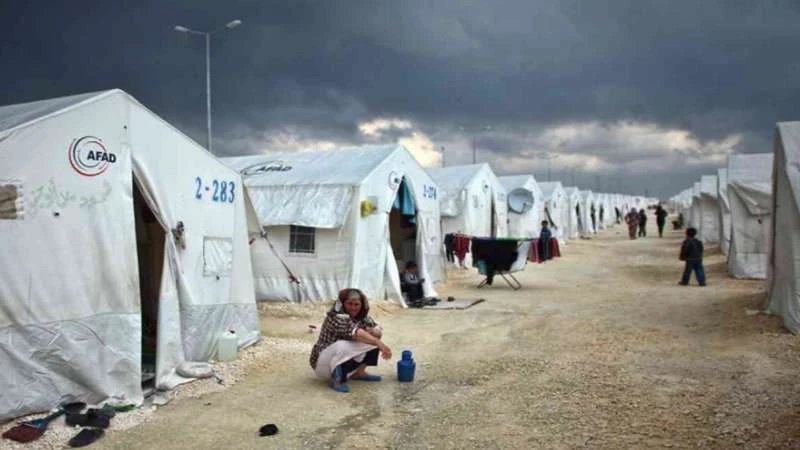This view is no criticism of the idea of safe zones; they are needed, as are humanitarian corridors and no-fly zones. Rather, my reservation is rooted in a disbelief that Trump would establish a policy beneficial to a group he labels as terrorists, condemns as a security threat to the US, and denies entry into the US It is a safe assessment of Trump’s statements that his view of the Syrian people is unfavorable, if not belligerent.
In the world of politics, semantics is vital to understanding policy posturing because word meaning is pertinent. Trump’s understanding of Syrian safe zones may be drastically different in my interpretation. This is not hyperbole. Trump is a man of “alternative facts”, frequently demonstrating his disconnected perception of reality. And is his use of words reflects this.
Given Trump’s negative sentiment towards Syrians, particular his stance that they pose a danger to the US, the desire to establish safe zones may not hold a humanitarian connotation, but one of containment for the safety of the US Hitler had a different name for similar zones; he called them “concentration camps”.
The implementation of safe zones without ground troops, humanitarian corridors and a no-fly zone, would result in similar conditions to a concentration camp, regardless of any nefarious intentions. Trump would only need to neglect the security of a safe zone to ensure concentration camp conditions.
The 1995 massacre in Srebrenica of over 8,000 men and boys illustrates the deleterious results of a safe zone without sufficient ground troops to maintain peace and protect civilians. Yarmouk or Eastern Ghouta demonstrates what a lack of humanitarian corridors looks like and a safe zone without a no-fly zone is a sitting target.
The establishment of safe zones would require an enormous commitment and face equally immense challenges. Safe zones are far more challenging than humanitarian corridors. Despite many efforts by the international community, even humanitarian corridors remain unimplemented, exemplifying the difficulty of implementing these policies.
Another relevant question is “where”. Would safe zones be carved out of regime controlled areas? Idlib presents the only feasible area to create a safe zone in. This would create a US canton inside Syria surrounded by a host of hostile parties. More importantly, who would police the area?
U.N. peace keepers have been ineffective and the Arab League countries seem unlikely to be willing to participate. US private contractors, similar to those used in Iraq and Afghanistan, could be the most likely candidates given an over stretched US military, while the US public is unwilling to send boots to the Middle East.
Even if Trump’s motivations were noble, the practical logistics and cost of establishing safe zones inside Syria make is prohibitive. We know this because former US president Barack Obama issued similar orders three years ago, and then acting chairman of the Joint Chiefs of Staff, General Martin Dempsey, replied in a letter that a no-fly zone alone would cost $ 1 billion a month to operate.
During my time advocating for greater US military support to the Syrian opposition, practically no-fly zones, I met with a high-ranking member who worked close to US military strategy under Obama. This member assured me there was no good plan on the table.
The potential for escalation into a global conflict is great. “The essential point boils down to a willingness to go to war to protect refugees,” says Jim Phillips, Middle East Expert at the Heritage Foundation. The US has shown little commitment to protecting refugees. Washington’s Syria policy under Obama focused exclusively on ISIS and the Trump administration shows no indication of a trajectory change.
------------------------------------------------
Anisa Abeytia is a freelance writer who contributes to a good number of media outlets. Abeytia is actively engaged in advocating for the Syrian cause since 2012 and more recently for refugee rights. She produced/directed three documentaries on Syrian refugees. Abeytia is a graduate of Stanford University with an MA in Post-Colonial and Feminists Theory.



التعليقات (0)